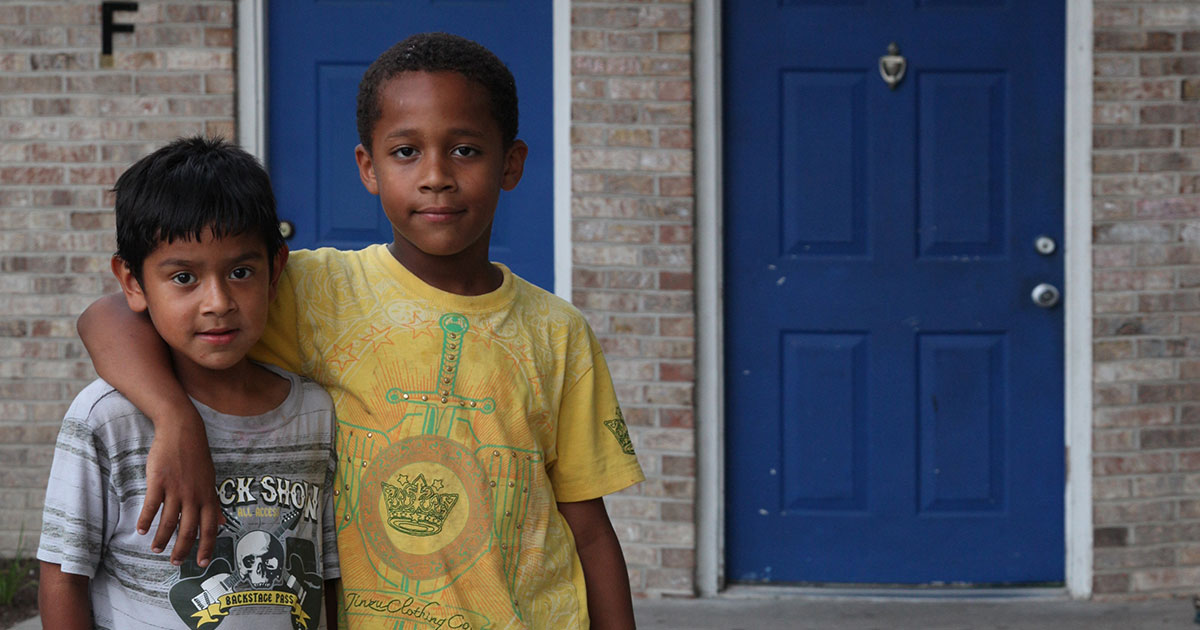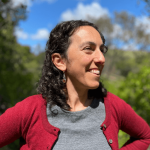How Do Clinicians Confront the Social Determinants of Childhood Health?

“Our families pick up and leave what was once a familiar place to them and their children [to seek] better opportunities in life, always starting over, mostly without supporting family or friends to trust.” - Sonia McCormack
What makes a healthy childhood? Healthy food, clean air, clean water, safe housing -- there are many elements that merge to provide the fertile ground for a healthy upbringing, and there are a wide range of social factors that can affect a family’s ability to get or maintain those staples. Among agricultural worker families, poverty, cultural and/or language barriers, fear of immigration status, and, for some, a mobile lifestyle build great walls that keep parents from being able to provide the basics for their families even if they work multiple jobs. But clinicians can help.
This week, we launched a new resource webpage detailing two new projects aimed at reducing the barriers that parents encounter when trying to keep their children safe and healthy. “Confronting the Social Determinants of Child Health” delves into MCN’s Protecting Children While Parents Work program and Farmworker Justice’s Health Partnership Learning Network, both of which bring disparate parts of the community together to provide the community’s children with safe and healthy childhoods. Health Partnership Learning Network seeks to link Migrant Head Start leaders with local community health centers, allowing for greater communication flow and collaboration between the two critical organizations serving agricultural worker children. Protecting Children focuses on bringing farm owners and workers together to discuss childcare needs and determine next steps that will benefit all parties -- including the children.
“Agribusiness, childcare providers, and farmworker parents all play a vital role in creating a culture of safety for children in agricultural communities,” noted Juliana Simmons, MSPH, CHES, Environmental and Occupational Health Program Manager for MCN. “Safe places to learn and play while parents work not only reduce child injury and illness, but can also benefit workers and parents by removing the distraction of children in the workplace.”
The model created by Protecting Children can help families in need, like the family that arrived at Sonia Gutierrez McCormack’s office. The mother couldn’t find childcare; her wages were too low to pay for what she needed for her young child who had special needs. “This lack of childcare for this family forced them to weigh out the realistic benefits for their family due to mother's entire check going towards paying a babysitter and food,” McCormack said. And this family’s situation isn’t unique.
The page delves into the stories of families in need -- and how we can step up as clinicians to assure that families are linked into their communities to get the support they need. Check out the new page at: http://www.migrantclinician.org/issues/childrenshealth/confronting-social-determinants-of-child-health.html
Like what you see? Amplify our collective voice with a contribution.
Got some good news to share? Send it to us via email, on Facebook, or on Twitter.
Return to the main blog page or sign up for blog updates here.
- Log in to post comments
